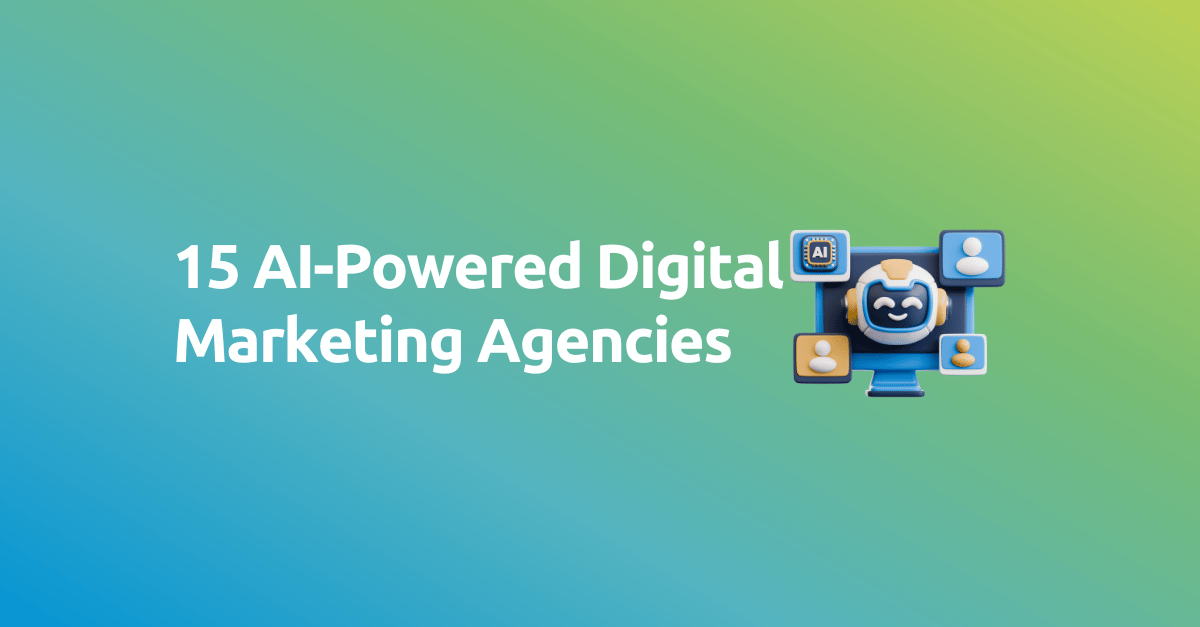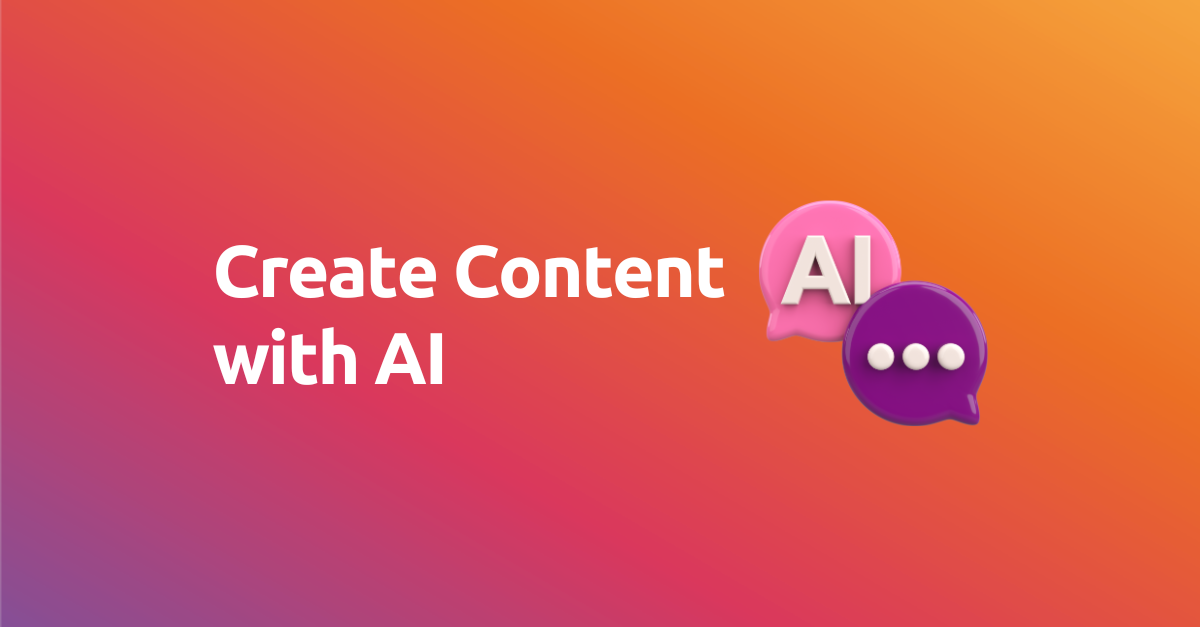The rapid advancement of artificial intelligence (AI) technologies is transforming industries and redefining the ways businesses interact with consumers. In digital marketing, AI enhances targeting, personalization, and efficiency, enabling companies to engage their audiences more effectively than ever before. However, the burgeoning capabilities of AI also raise critical questions about ethical use, privacy concerns, and the impact on consumer trust. As organizations increasingl
In response to these challenges, stakeholders around the globe are beginning to explore comprehensive approaches to AI governance. Policymakers, industry leaders, and technologists are collaborating to develop regulations and ethical guidelines that promote responsible AI practices while fostering innovation. By addressing the unique challenges of AI in digital marketing, such as data privacy, algorithmic bias, and content authenticity, these governance frameworks aim to create a balanced ecosystem where businesses can thrive while ensuring consumer rights are protected. The future of AI governance will shape not only the marketing landscape but also the broader societal implications of this transf
|
Contents Global Governance of AI: An In-Depth Overview International and Regional Initiatives Challenges in AI Governance for Digital Marketing |
Global Governance of AI: An In-Depth Overview
Artificial intelligence (AI) has become a crucial driver of innovation and growth across various industries, including healthcare, finance, and marketing. Technologies such as predictive AI and generative AI are at the forefront of this transformation, enabling businesses to forecast trends, automate processes, and create tailored content at unprecedented scales. However, as AI adoption rises, so do concerns regarding ethics, privacy, and security. This comprehensive overview of global AI governance examines key initiatives, frameworks, and challenges surrounding the regulation and responsible use of these emerging technologies, ensuring that their benefits are maximized while minimizing potential risks.

Understanding AI Governance
AI governance refers to the systems and processes that regulate the development, implementation, and use of AI technologies. The necessity for effective governance arises from several critical factors:
-
Ethical and Social Risks: AI systems can perpetuate biases, invade privacy, and disrupt employment. Concerns about algorithmic transparency and accountability are paramount.
-
Security and Control: AI systems can be vulnerable to attacks, leading to severe consequences, especially in critical applications like defense or healthcare.
-
Public Trust: The societal acceptance of AI depends on the trust that these technologies are safe and ethical.
International and Regional Initiatives
As AI expands globally, various initiatives have been established to address governance:
-
European Union: The European Commission has proposed the AI Act, aiming to create a regulatory framework that categorizes AI applications by risk levels while providing guidelines for development. The legislation seeks to ensure safety and protect citizens' fundamental rights.
-
United States: In 2021, the Biden administration launched a set of principles for responsible AI use, emphasizing fairness, privacy, and transparency. However, a specific federal legislation remains in development.
-
OECD: The Organization for Economic Cooperation and Development has developed principles for AI that promote responsible usage and governance, advocating for approaches based on human rights and inclusivity.
-
Asian Initiatives: Countries like China have advanced their AI governance through national strategies aimed at leading innovation, while India has focused on ethics and regulatory frameworks for AI technologies.
Challenges in AI Governance for Digital Marketing
The integration of AI in digital marketing brings unique challenges that necessitate specific governance considerations:
-
Data Privacy and User Consent: As marketers leverage AI for targeted advertising and personalized content, ensuring the privacy of consumer data is paramount. The use of algorithms to analyze user behavior can lead to privacy infringements if not properly regulated. Effective governance must prioritize obtaining informed consent from users and ensuring transparency about how their data is utilized.
-
Bias in Algorithms: AI systems can inadvertently perpetuate biases in advertising, potentially leading to discriminatory practices. For example, if AI algorithms are trained on biased data, they may favor certain demographics over others. This necessitates continuous monitoring and auditing of AI models to mitigate bias and ensure fair marketing practices.
-
Content Authenticity and Misinformation: AI-generated content can blur the lines between genuine and fabricated information. The governance framework must address how AI technologies are used to create marketing content, ensuring authenticity and combating misinformation. Establishing guidelines on disclosing AI content can help maintain trust between brands and consumers.
Future Perspectives for AI Governance in Digital Marketing
Looking ahead, the governance of AI in digital marketing presents both opportunities and strategies for improvement:
-
Development of Ethical Guidelines: Creating comprehensive ethical guidelines for AI use in marketing can help brands navigate the complexities of consumer engagement. These guidelines should emphasize responsible data usage, user privacy, and transparency in marketing communications. Brands that adhere to ethical AI practices can build stronger relationships with their customers and enhance their reputations.
-
Collaboration with Stakeholders: Fostering collaboration between marketers, regulators, and technology developers is crucial for creating effective governance frameworks. By engaging in open dialogues, stakeholders can share insights on best practices, emerging technologies, and ethical considerations. Such collaboration can lead to the development of industry standards that promote accountability and fairness in AI-driven marketing strategies.
-
Adopting a Consumer-Centric Approach: Future governance frameworks should prioritize a consumer-centric approach that places the rights and interests of users at the forefront. This includes ensuring that consumers have control over their data, are aware of how AI technologies influence their interactions with brands, and can opt out of data collection practices if desired.
Conclusion: How Brands Can Lead the Way Toward Democratic and Responsible AI
As AI technologies continue to shape the marketing landscape, brands have a unique opportunity to lead the charge toward a more democratic and responsible approach to AI governance. By prioritizing ethical practices and transparency, companies can differentiate themselves in an increasingly competitive market. Embracing the principles of fairness, accountability, and inclusivity not only enhances consumer trust but also positions brands as responsible innovators. This commitment to ethical AI governance can serve as a significant competitive advantage, appealing to consumers who value integrity and social responsibility.
To harness this advantage, brands and marketing professionals must actively engage in discussions about AI governance. By collaborating with policymakers, industry experts, and fellow marketers, they can advocate for frameworks that ensure AI technologies are used ethically and inclusively. Encouraging a broader dialogue around AI governance will help shape regulations that protect consumer rights while fostering innovation. As leaders in the marketing space, brands have the power to influence the trajectory of AI governance, paving the way for a future where AI technologies are harnessed responsibly, equitably, and to the benefit of all stakeholders involved.





